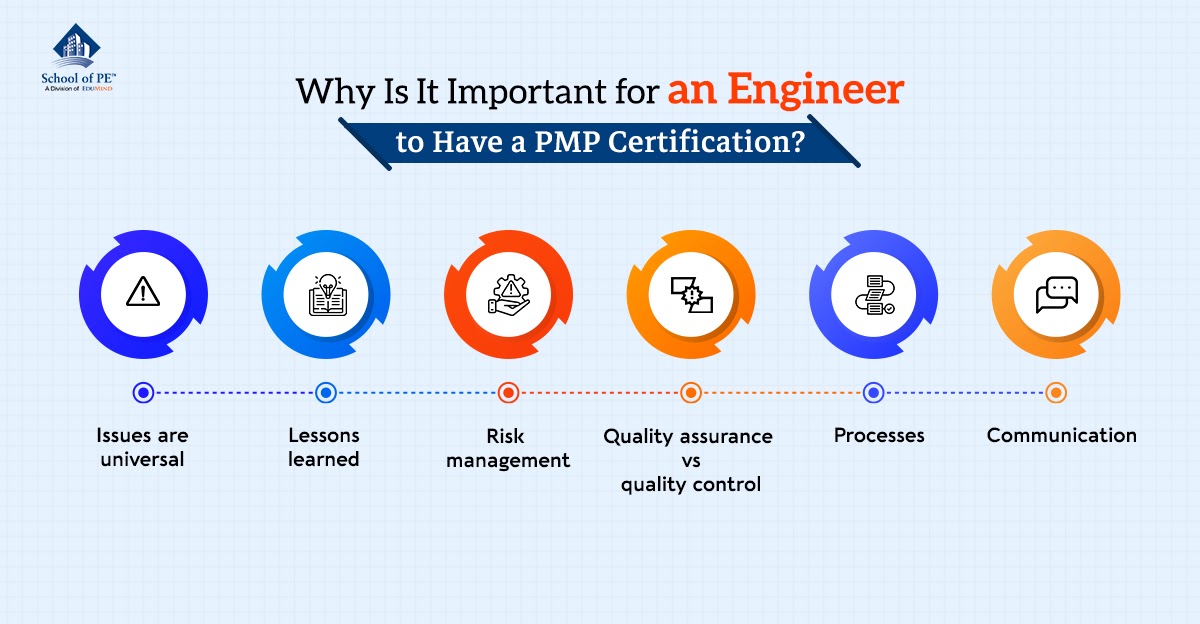
Friday, 25 March 2022
10 Reasons You Might Have Failed the Environmental PE Exam

Friday, 18 March 2022
Why We Do Not See a Licensed Automobile Engineer?

Surajit Amrit has a 30+ year career as a practicing engineer at Engineering News Record (ENR)-ranked engineering firms. He has a bachelor's degree from Indian Institute of Technology and a master's degree from Vanderbilt University. He is a licensed PE, Certified Energy Manager (CEM®) and LEED® AP. He is currently pursuing his CVS certification (Value Engineering - SAVE International). In his spare-time he enjoys reading books, listening to political satire, trail walking, and dabbling in trivia, jigsaw puzzles and numismatics.
Thursday, 10 March 2022
Consider Challenging Yourself by Becoming a Civil Engineer

The list goes on and on, but civil engineers have, for centuries, been the go-to source for societal improvements. (It is, after all, one of the oldest engineering disciplines on the planet.) The ever-increasing rate of change we see globally across the world to locally within our own neighborhoods demands continued improvements of the natural and physical world around us. This is at the heart of civil engineering. How we as people interact, design, construct, and maintain the physical environment around us is the simplest definition of what civil engineers are responsible for. The world will continue to evolve and have a need to harness the natural world around us-that is where civil engineering comes into play. If you want to pursue a profession that engages daily issues society faces within the natural environment, there is even a branch of civil engineering for you.
You can challenge yourself in civil engineering by pursing big projects of your own, whether they are projects that will be well known or well used or projects that are just well needed. Civil engineering offers the chance to take on large-scale programs and projects that will affect societies as a whole.
As a minor example, let's say you design a portion of a highway to improve traffic flow and capacity. While seemingly mundane, both this design and project could affect millions of commuters each year through saving time. Instead of wasting time waiting in traffic, they will have more time to be productive at work or spend a few extra minutes with their loved ones. Throughout the lifetime of many civil engineering projects, millions of peoples' lives have been affected for the better. While people might not notice these impacts, the results are still there, which can be one of the most rewarding aspects of civil engineering.
Challenge yourself in civil engineering by tackling problems that continue to persist in our society today, including access to clean drinking water and reliable food, access to effective broadband, and sustainability within our consumerist society. Each of these issues is significant and worthy of being solved by a civil engineer. You can be that unique perspective!
Challenge yourself by constantly working on new projects and problems. You will never stop learning in this field and will almost always discover something new each day.
Challenge yourself by engaging with local stakeholders and agencies to help plan changes coming to your community.
Try joining one of these organizations and getting involved! Even better, take a position within the organization and take on some responsibilities oriented at making progress!
Use your creative traits to design and implement unique solutions to unique projects.
Collaborating with fellow engineers to solve civil problems at hand is a challenge for civil engineers, but one that is important to overcome. Work with stakeholders and clients to meet their needs and learn to better engage communities to address their concerns.
Challenge yourself here in civil engineering by taking on jobs that require travel and allow for you to see and touch what you are designing. Compare the reality of the project to what is shown on paper in the plans or in your computer model. Gaining this perspective is invaluable to your career as a civil engineer.
If any of these challenges interest you, you should consider civil engineering. It truly is a unique profession in which you can find true value and satisfaction.
Having trouble passing PE Civil Engineering? Nobody should have to study for years to pass the PE Civil Exam. School of PE will help you pass your exam on your first try!
John Holmes is a professional civil engineer who works on airport infrastructure including runways, taxiways, aprons, and terminals. He was born and raised in North Carolina and still lives there where he obtained both his BSCE and MCE from North Carolina State University. In his spare times, John loves spending time with his wife and son. He also enjoys tending to his growing farm and garden, including chickens, turkeys, and goats.
Friday, 4 March 2022
Why Is It Important for an Engineer to Have a PMP Certification?

Alejandro Uribe got his strong process approach from Industrial Engineering (B.A.), his vocation in Construction Management (M.S. from NYU), and his real passion in Fire Protection (P.E.), where he continues to provide complex solutions to Fortune 500 Companies and critical federal projects. Alejandro is currently an engineering manager at M.C. Dean, a prime contractor, where is the supervisor and technical lead for a team of over 12 engineers, and is responsible for creating and maintaining processes, including knowledge management and project management foundations.